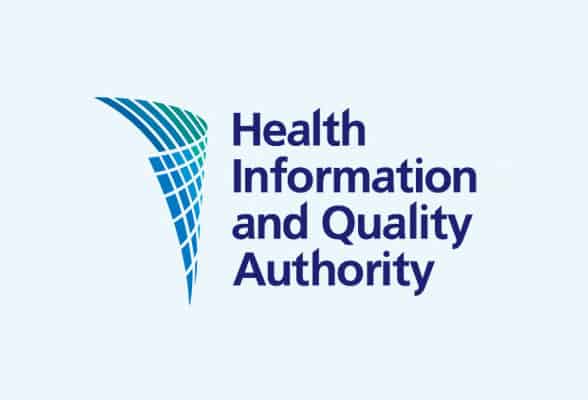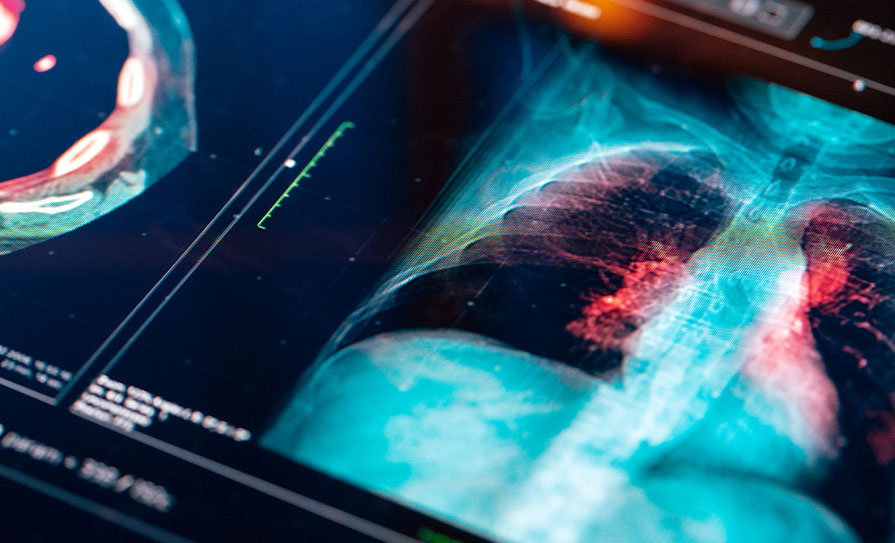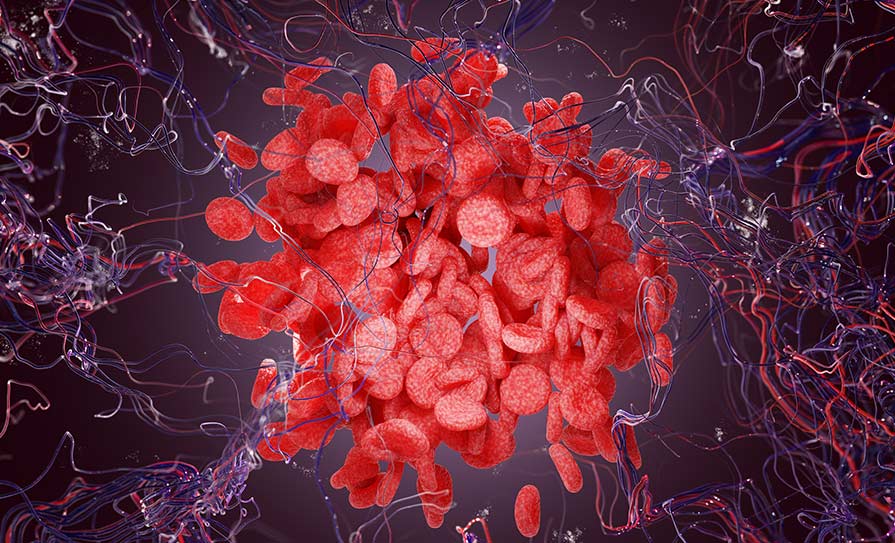HIQA has found that there is a “lack of high quality evidence” to suggest that any of the (non-vaccine) interventions it examined were effective at reducing the risk of Covid-19.
HIQA has today published its advice to the National Public Health Emergency Team (NPHET) on interventions and modifiable health-related risk factors to prevent Covid-19 or to reduce the risk of serious Covid-19 disease.
HIQA examined 46 cohort studies which focused on modifiable health-related risk factors. While there are mixed results reported, in general maintaining a healthy weight, not smoking, exercising often, being Vitamin D sufficient and moderating alcohol consumption, have beneficial effects on general health and may reduce the risk of poor outcomes from Covid-19.
Interventions considered included drug (excluding vaccines) and non-drug interventions.
HIQA found that there was a lack of high quality evidence to suggest that any of the examined interventions were effective at reducing the risk of Covid-19.
HIQA identified five relevant controlled drug trials, four of which considered ivermectin and one which considered bamlanivimab. HIQA found insufficient evidence on whether ivermectin (conventionally used to treat parasitic worm infestations) or bamlanivimab (an immune therapy) can be safely used to prevent or reduce the severity of Covid-19. It therefore has advised these drugs should not be used outside of well-designed, regulated clinical trials.
“There are potential risks associated with all interventions and anything recommended to the Irish public, will require robust assessment to ensure that it is safe as well as being effective,” said Dr Máirín Ryan, HIQA’s Deputy CEO and Director of Health Technology Assessment.
“This is important given the serious risk of harm associated with unproven interventions. While we examined 51 studies, we identified a further 60 trials which are planned or ongoing.
“This review did not specifically look at Covid-19 vaccines, however, there are large high quality controlled trials as well as population-level data to show that they are effective in preventing serious disease. We would encourage anyone who has the opportunity to avail of the Covid-19 vaccine to do so, as it continues to be the most effective safeguard against serious illness due to Covid-19.”













Leave a Reply
You must be logged in to post a comment.